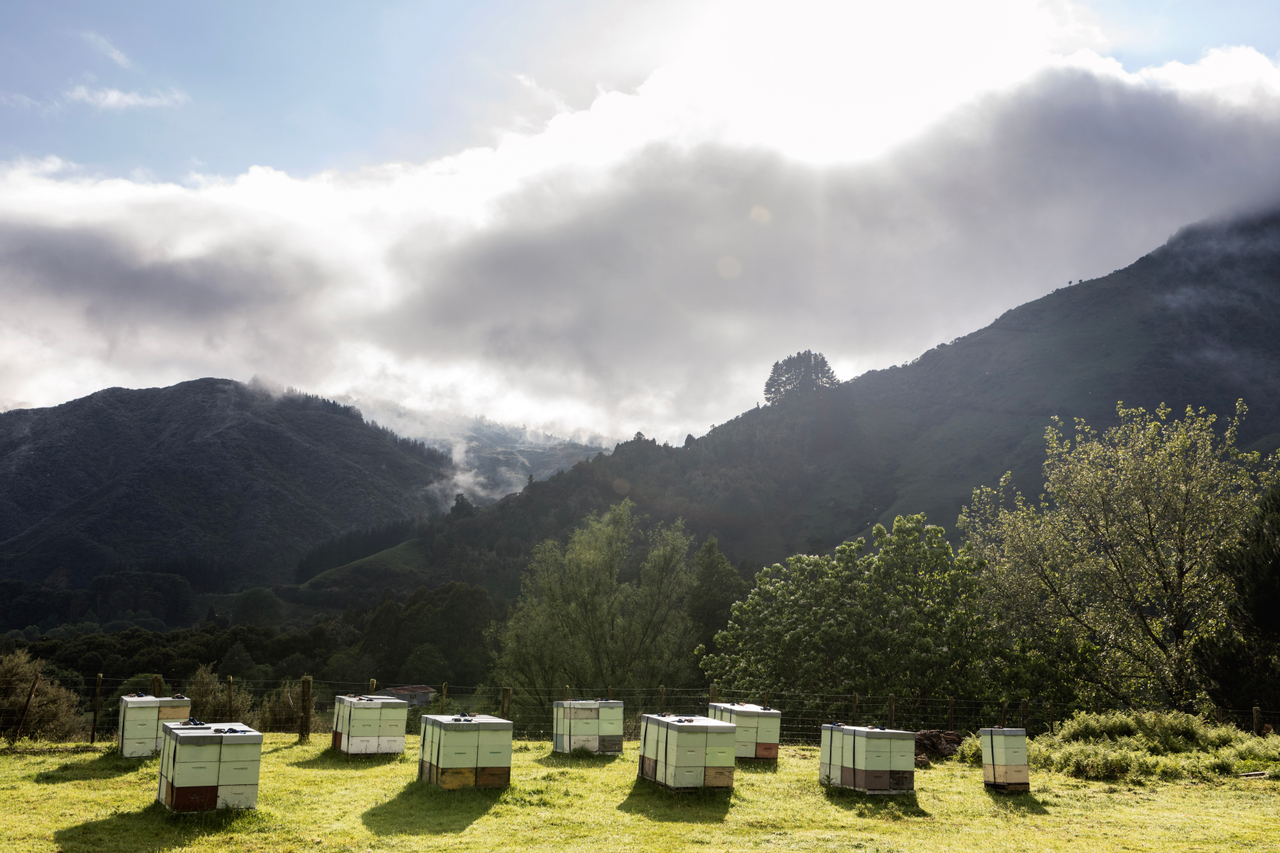Shareholder value in the primary sector is increasingly being driven by intangible assets, writes Dean Prebble.
The New Zealand Story (nzstory.govt.nz) is a powerful intangible asset that businesses can leverage to supercharge their marketing goals as they take their goods or services to the world.
This government-funded resource has already done the heavy lifting of highlighting New Zealand’s world-class regulatory framework, excellent biosecurity standards, devotion to quality and its rigorous food safety systems. Unfortunately, too few brands understand the value of an intangible asset like the New Zealand Story.
Craig Armstrong, chairman of the Industry Advisory Group for the F&B Industry Transformation Plan said Kiwi companies are selling themselves short by ignoring the New Zealand Story and other intangible assets.
“We monetise through government-to-government relationships and trade agreements, but businesses often fail to capture margin from New Zealand’s world-class systems,” he said.
Taking advantage of intangible assets is an increasingly important part of any company strategy. A lot of shareholder value – particularly in the primary sector – is now found in consents, certifications, data collection, content, relationships and the development of brands.
Although the primary sector tends to be dominated by price takers, many are waking up to the value of protecting their intangible assets with exclusive agreements, plant variety rights, trademarks and other protection mechanisms as a path to boosting their own profit margins.
But recognising the value of intangible assets is crucial and unlocking this hidden value depends on creating a plan.
Linking certifications to content and brand
Primary sector leaders have done incredible work deploying the value of high-quality certifications such as Verifiable Organic, Grass-Fed or UMF into their own brand stories. Others, like chicken farmers The Bostock Brothers, boutique dairy company Lewis Road Creamery and wagyu beef farmers Firstlight Foods, all rely heavily on concepts like “certified organic,” “free range” and “grass-fed” in their branding. Comvita has also long been a promoter of UMF as a quality indicator for its Mānuka honey.
By linking these key brand ingredients to the New Zealand Story, each of these businesses has been wildly successful in extracting higher margins on a range of products.
Opportunities in plant variety rights
Apple and kiwifruit growers have an excellent track record of capturing value from plant variety rights. Kiwifruit exporter Zespri, for example, has long utilised the distinct flavour and texture profile of its fruit in generating high margins. Apple brands Jazz and Envy have both achieved impressive consumer loyalty with the marketing of their trademarked apples. But Rockit Global went one step further. Not only do its apples have a unique size and taste, they also come in innovative packaging that directly targets niches such as school lunches.
The value of relationships
Everyone likes a feel-good story, especially those about successful businesspeople and their international relationships. These relationships aren’t just nice to talk about over wine at the end of the week, they can hold serious value as intangible assets.
The meat industry has found plenty of success in linking products and brands to personal farmer stories and consumer experiences. For example, Silver Fern Farms and Firstlight Foods often focus on how their meat products are grass-fed and farm-raised to differentiate from global competitors. The higher quality of life that grass-fed animals achieve is of real interest to discerning consumers which enables relationships to be formed with global distributors.
Incentives to invest in intangibles
The sheer size of global demand for protein can lead to companies focusing on volume as opposed to quality. Often, this creates a race-to-the-bottom on price and a disincentive to invest in intangible assets. At the sourcing end, farmland has historically been the key driver of shareholder wealth for farmers who, up until recently, have not focused on improving quality. However, this is changing with brand owners now rewarding farmers that meet increasingly high standards.
Environmental challenges
Tighter regulations to help curb the environmental impact of intensive farming are driving up costs and forcing primary producers to rethink how they can sustain higher margins. On top of this, consumers are demanding more knowledge about where their food comes from and its overall sustainability record.
Lake Hawea station is a great example of a primary producer listening to its end consumers and refocusing its brand on conservation, biodiversity and animal welfare. The strategy has paid off since many brands now see the value in Lake Hawea’s story and are happy to pay a premium to connect with the station’s high-value lamb, fine wool and purebred Angus cattle.
Disrupting entrepreneurs
Most disruptions in the primary sector begin with a maverick who has an idea that has the potential to become an intangible asset of real value. The trailblazing entrepreneur then quickly moves to secure top-quality materials so they can get the product out. Only then does the fledgling company put any effort into building a brand.
But disruption isn’t just about having an idea, owning land or managing operations. The special sauce of disruption is often in partnerships. For example, Merino wool growers have benefited from the success of the apparel brand Icebreaker, wagyu beef farmers are closely connected with Firstlight Foods and Cherri Global is a godsend for cherry growers. The entrepreneurs behind these brands understood the value of an intangible asset strategy from day one.
What’s your strategy?
By developing and executing a sound intangible asset strategy, all parts of the primary sector supply chain can increase both their margins and revenue. This is true because the value of intangible assets compounds when they are nested together.
When considering how value is created and where it is captured across supply and value chains, Kiwi primary sector companies can take their well-deserved spot as leaders of the global food economy.
Dean Prebble is a director of EverEdge, a global Intangible Asset advisory, corporate finance and investment firm.




